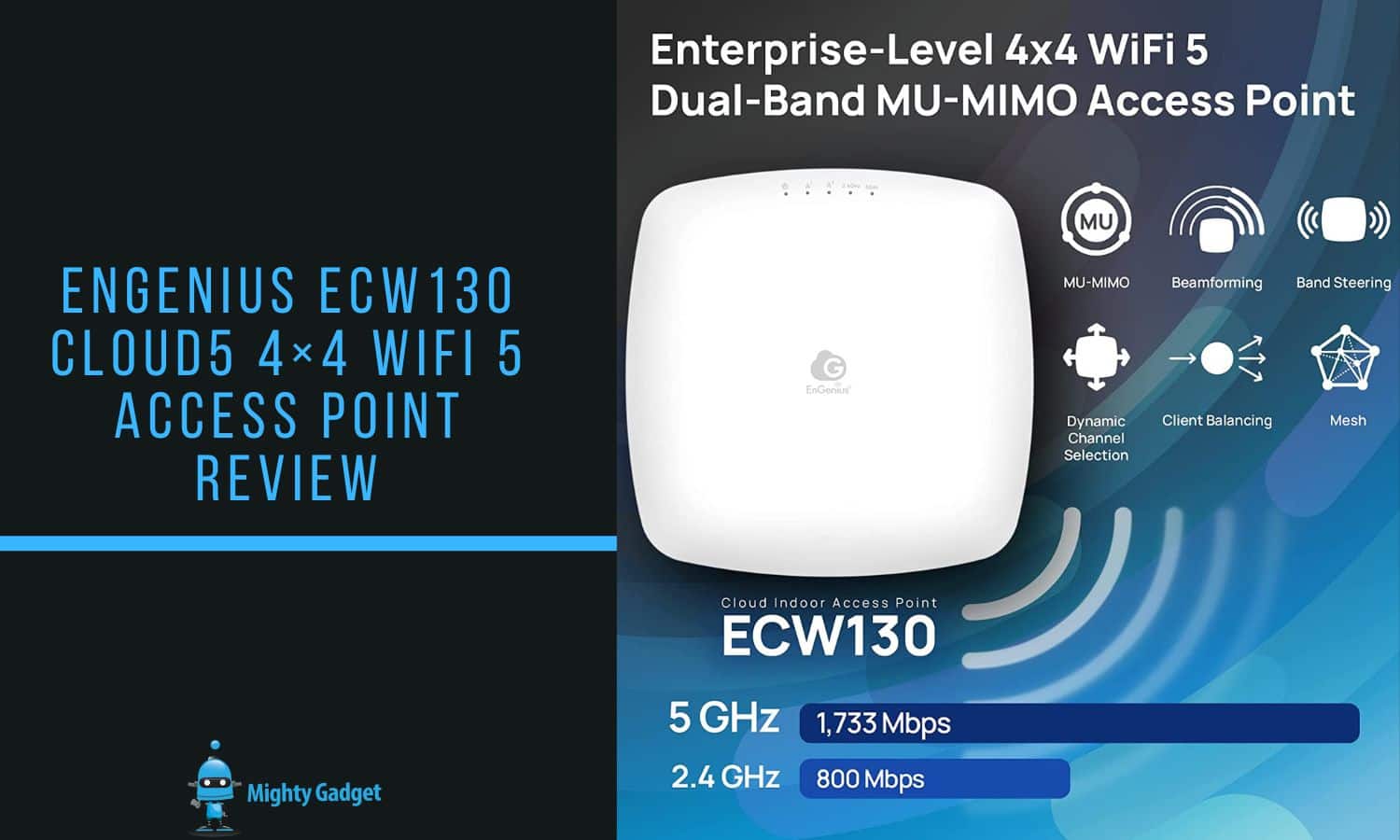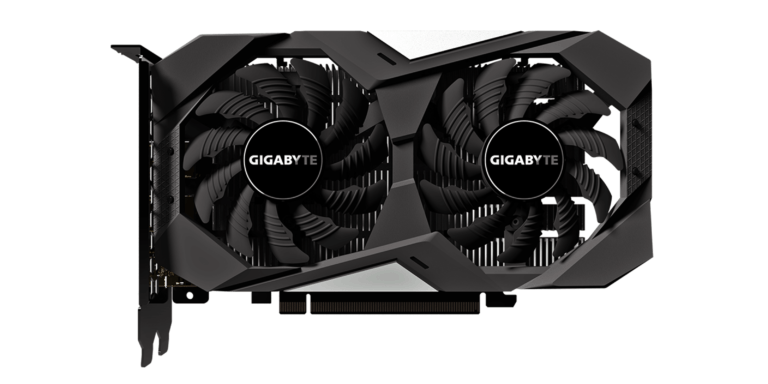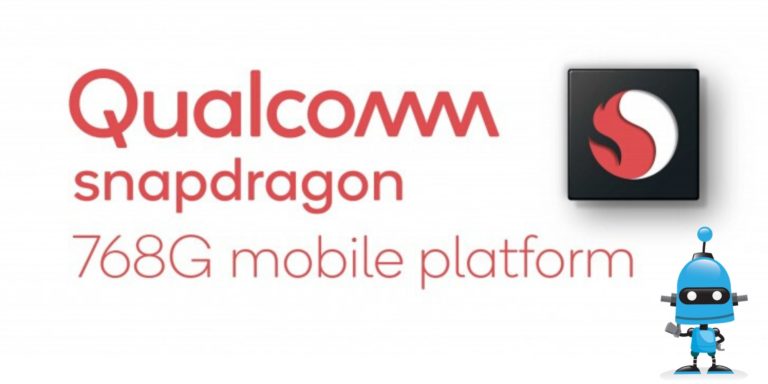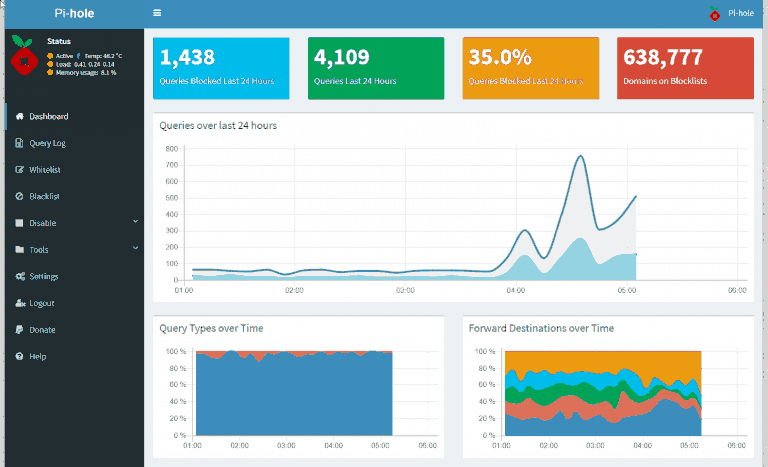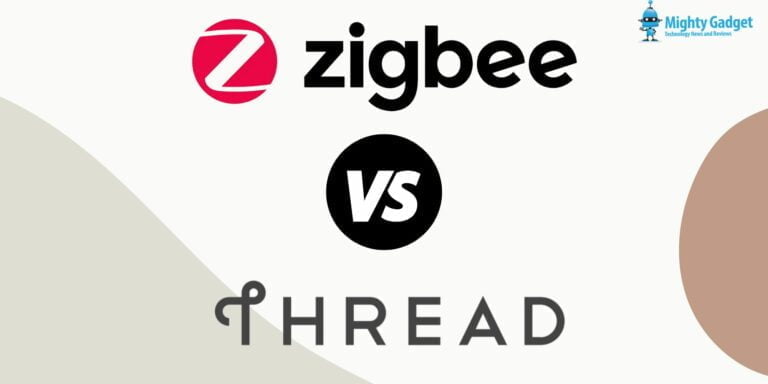Any links to online stores should be assumed to be affiliates. The company or PR agency provides all or most review samples. They have no control over my content, and I provide my honest opinion.
The new EnGenius ECW130 cloud-managed access point is a new access point aimed at being an affordable way to expand existing EnGenius networks.
At first glance, it is a bit of an odd access point to launch in 2023 as it is limited to the ageing WiFi 5. EnGenius already have a WiFi 6E access point, and we should start seeing brands launch WiFi 7 devices this year.
However, this is being positioned as an affordable enterprise-level access point for prosumers, where they may use access points like this to pad out WiFi coverage in the less demanding areas of the home or office.
Even though EnGenius has said this is the first very affordable enterprise-level access point they have, I have previously reviewed the ECW120 back in 2020, which was the first hardware I tried with EnGenius Cloud management. The ECW120 is a 2×2 WiFi 5 access point, it will provide the same throughput, but the 4×4 design of the ECW130 has the capacity for more concurrent users.
Specification
| Engenius | ECW130 |
|---|---|
| WiFi | IEEE 802.11b/g/n on 2.4 GHz IEEE 802.11a/n/ac on 5 GHz |
| Antenna | 4 x 2.4 GHz: 4 dBi 4 x 5 GHz: 6 dBi Integrated Omni-Directional |
| MIMO | Four(4) spatial stream MU-MIMO for up to 800 Mbps wireless data rate with VHT40 bandwidth to a 4x4 wireless device under the 2.4GHz radio. Four(4) spatial stream MU-MIMO for up to 1800 Mbps wireless data rate with VHT80 to a 4x4 wireless device under the 5GHz radio simultaneously. |
| Data Rates | 2.4 GHz: Max 400 Mbps 5 GHz: Max 867 Mbps |
| Physical Interface | 2 x 10/100/1000 Ethernet Port (PoE at) 1x DC Jack 1 x Reset Button |
| Operation Modes | AP, AP Mesh, Mesh |
| Transmit Power | Up to 25 dBm on 2.4 GHz Up to 24 dBm on 5 GHz |
| Fast Roaming | 802.11r/k |
| Wireless Security | WPA2-PSK WPA2-Enterprise WPA3-PSK WPA3-Enterprise Hide SSID in Beacons Wireless STA (Client) Connected List Client Isolation |
| VLAN Tagging | Supports 802.1q SSID-to-VLAN Tagging Cross-Band VLAN Pass-Through Management VLAN |
| Maximum Power Consumption | 19.1W |
| Dimensions | Weight: 634 g Width: 215 mm Length: 215 mm Height: 56 mm |
Set Up
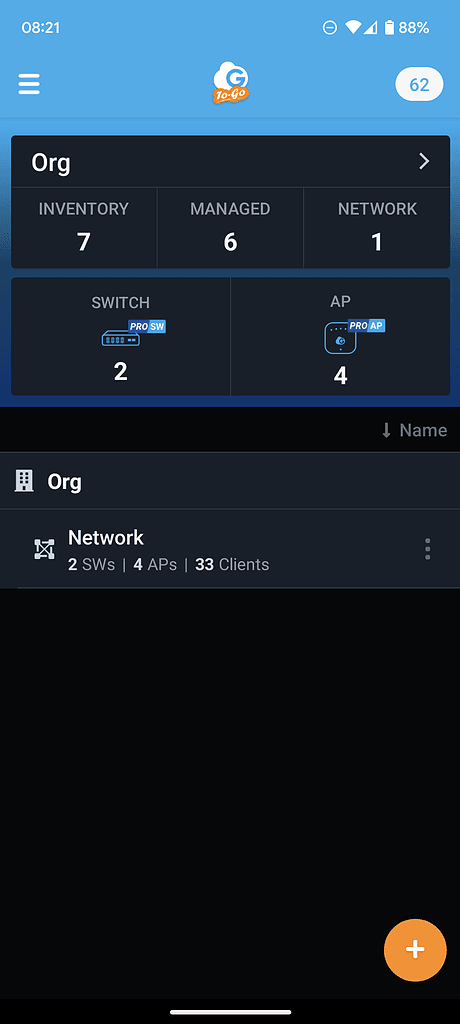
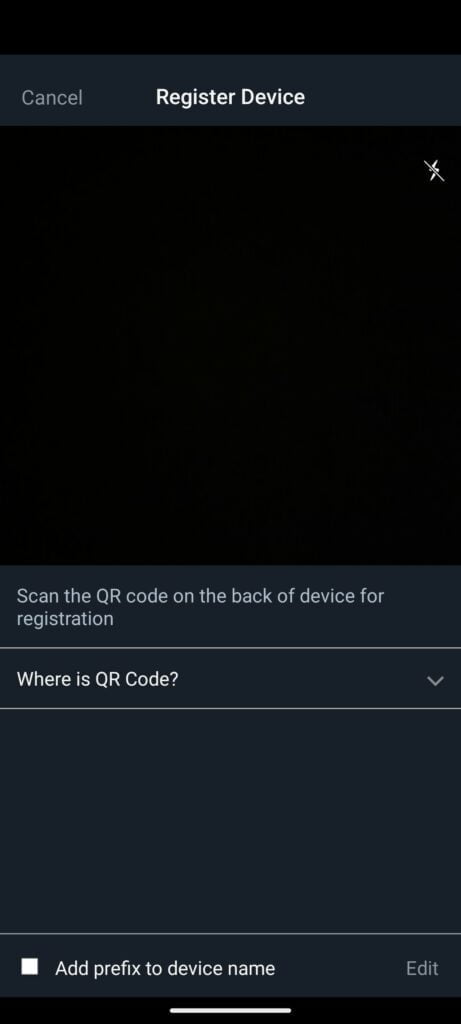

EnGenius Cloud makes everything incredibly easy to set up and manage, which is the whole point of cloud-managed networking.
For this, I used the Cloud to Go app from EnGenius. I already have a network set up, and the SSIDs were already defined. Due to this, adding the access points took less than a minute each; you scan the QR code on the AP, assign it to your network, and that’s about it.
EnGenius Cloud Free vs Pro
EnGenius Cloud is free to use for most of the functionality. Some features are walled off into a professional subscription, but every device comes with a one year trial of the pro features.
Looking at the comparison between the free basic plan and the processional plan, there are a lot of features walled off, but I doubt home users and small businesses would miss any of the features. The statistics and backup and restore features would be handy, though.
You can view a comparison of the free and pro features here.
It looks like you can pick up a one-year access point licence for $50/£40 AP-1YR-LIC. In comparison, it looks like a Meraki starts at around £100/$125. Zyxel Nebula Professional is £33. Netgear Insight Premium is compulsory, and £8.95 per device/per year or £20.99 per device/per year for the Pro licence.
For me, my switches and the ECW230S have all had the free-year trial expire, and I haven’t noticed a huge difference.
Obviously, if I was managing multiple networks with 100s of devices, the Pro features would be a lot more important, but in this scenario, the cost of the subscription becomes less of an issue.
EnGenius Cloud & Day-to-Day Site Performance
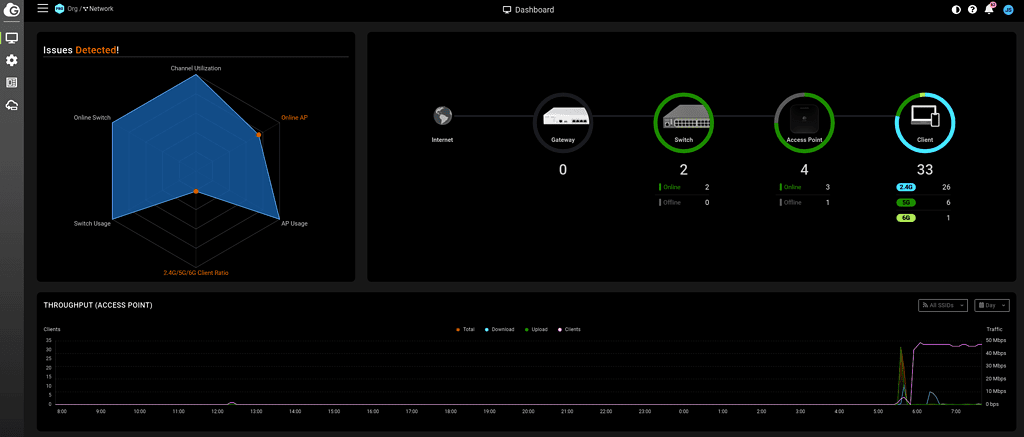
EnGenius sent me two ECW130 access points so I can see how the system works as a whole. My initial testing was done with an ECW130 in my office and then another in our front room.
One thing I like about the ECW130, is that it has a second Ethernet port allowing you to pass through wired connectivity. It is useful for a home user such as myself, where I don’t always have lots of Ethernet ports in each room.
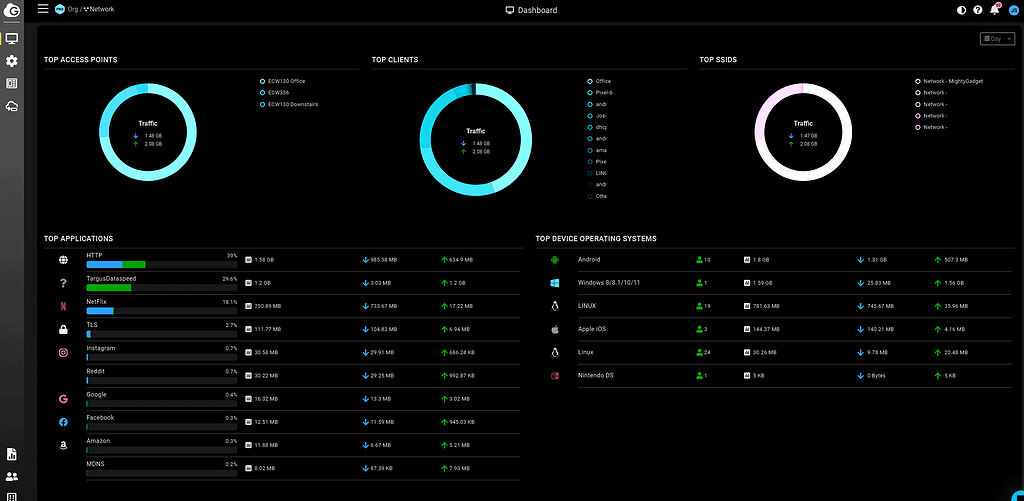
As I have a lot of EnGenius gear, I then switched to the ECW336 as my primary access point in the office, which is a 4×4 WiFi 6E AP, then the two ECW130 on the outskirts of my network, one in the front room and the other in my gym/garage. This is the sort of scenario EnGenius suggested many prosumers would use the ECW130 for. The ECW336 costs around £1k, so perhaps a bit overkill for most prosumers.
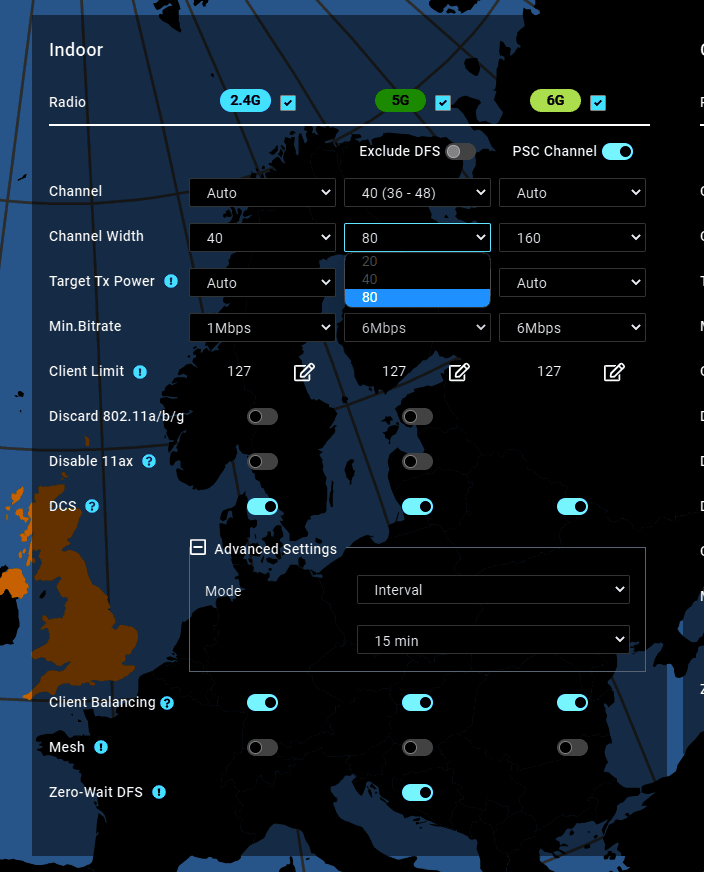
I then had the EnGenius ECS2512FP powering two APs and the ECS1008P powering the one in my garage.
As a home/SOHO user, the only features I really use are:
- Managing the SSID settings
- Managing the switch, including VLANs
- Receiving alerts for when a switch/AP goes offline. The event log is quite useful if you are experiencing problems.
- I use the stats mainly for my own curiosity but sometimes to try and identify issues or optimise the network.
Most of the settings are something I set and then never touch again, such as the SSID and radio settings.
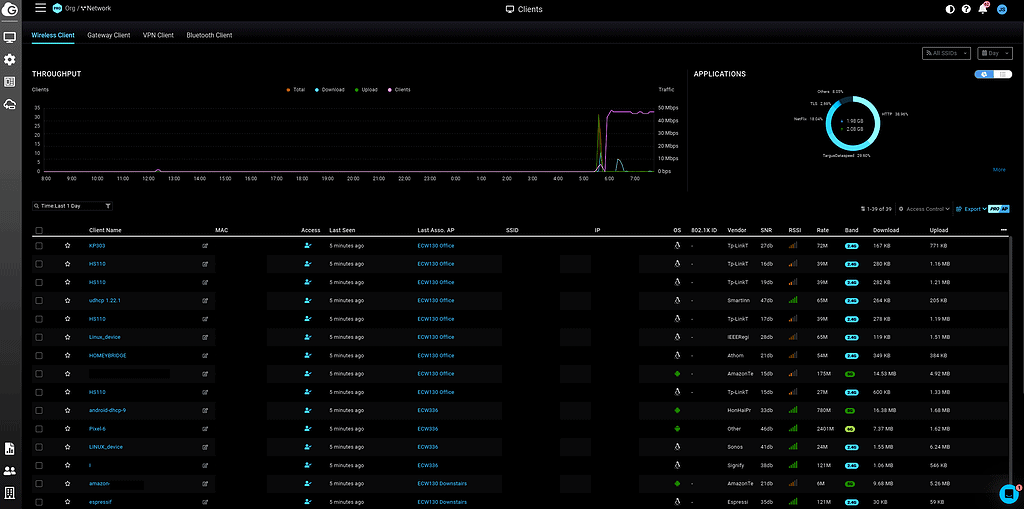
Really, the only thing I care about with my network is reliability. I have been running the two switches for over a year and have never had any issues. I swap my access points around a lot due to reviews, but since switching back to all EnGenius devices, I have experienced no problems with the WiFi signal or issues with roaming. In particular, with some competing brands, I occasionally have problems with IoT devices struggling with connectivity. Both my Sonos speakers and video doorbell can play up from time to time, and I think this is a signal issue, but they have all worked well, Engenius.
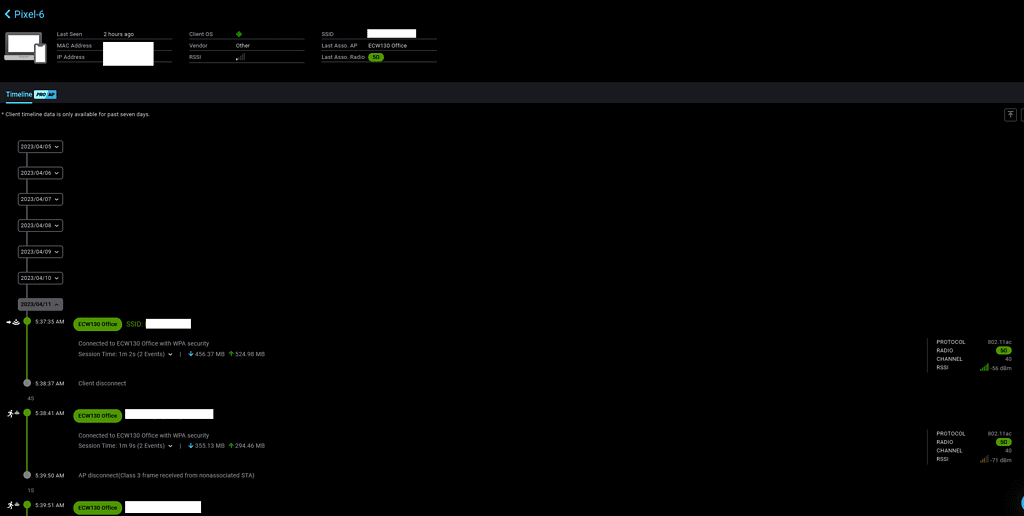
As much as I would like 160MHz on the 5GHz band, I rarely do anything that requires it, and it isn’t very practical in many enterprise environments.
WiFi Performance
For the throughput and range testing, I set up just one access point. Testing within the office was done with my desktop PC and the AP mounted to the ceiling.
My home is a traditional British brick built semi-detached, so a bit more challenging than many US-based properties.
The living room is one floor down, the front room is one down and two rooms over, and the kitchen is one down and one room over. All the internal walls are solid brick too.
Speed tests were done using iPerf running on my TerraMaster NAS running Unraid, which is connected via 10GbE to the ECS2512FP switch.
WiFi 5 – 5GHz
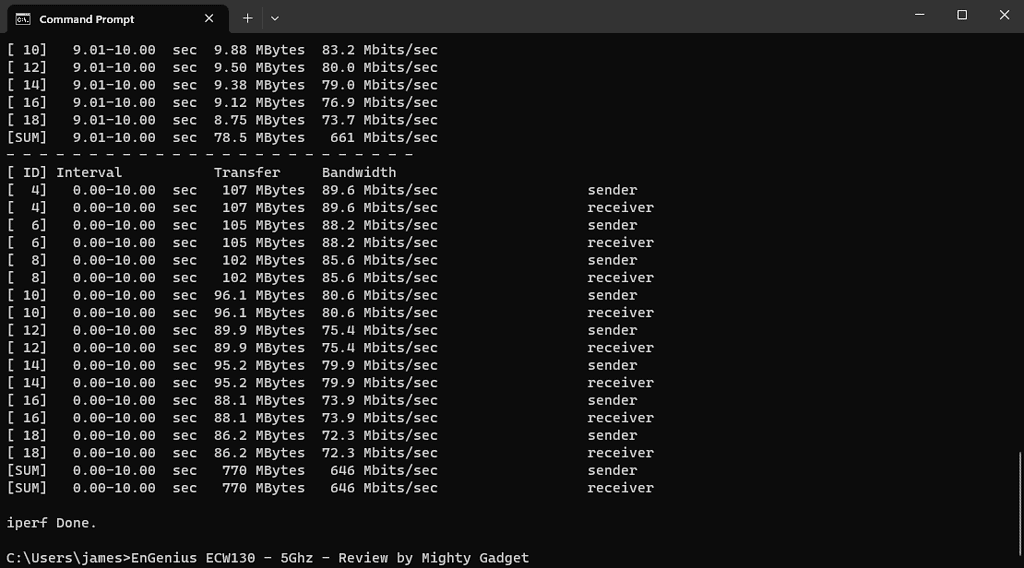
- Office: 646 Mbits/s
- Living Room: 547 Mbits/s
- Front Room: 151 Mbits/s
- Kitchen: 121 Mbits/s
- Garden: 73 Mbits/s
Throughput in the office is about what you would expect from a WiFi 5 access point. As much as I would prefer a WiFi 6 AP, the difference in speed will rarely be noticeable. My Internet is limited to 500Mbps and with LAN files transfer, you are looking at about 25MB/s in difference in transfer speeds vs what you get with similar WiFi 6 access points.
Range is good, and I am able to get usable speeds throughout the home with just one AP installed.
WiFi 5 – 2.4GHz
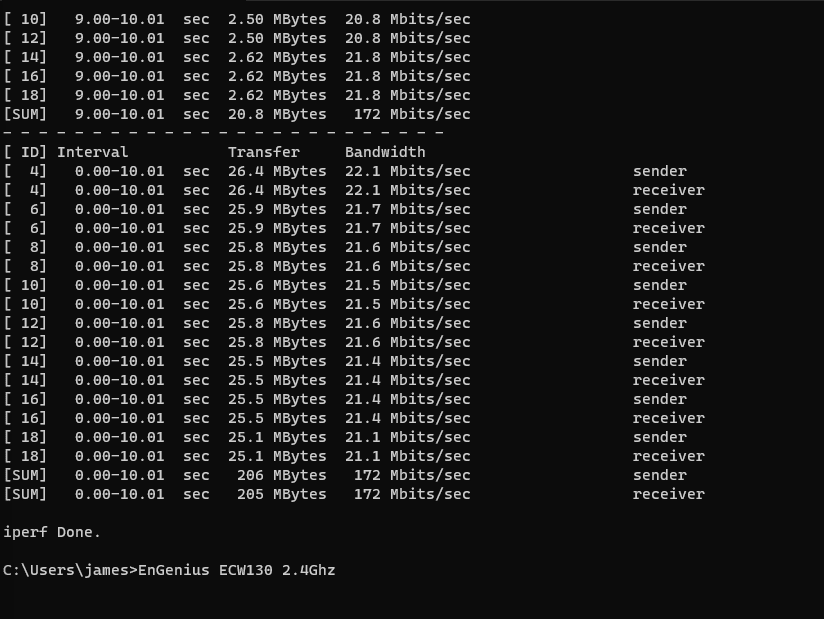
- Office: 172 Mbits/sec
- Living Room: 96 Mbits/s
- Front Room: 66 Mbits/s
- Kitchen: 43 Mbits/s
- Garden: 21 Mbits/s
I only use the 2.4GHz SSID for IoT devices nowadays. Performance is as expected for both throughput and range.
Price and Alternative Options
The EnGenius Cloud Managed ECW130 is priced at $169 and is not currently listed at any UK retailers. That works out at £136.
Highlighting the enterprise credentials, the Amazon product page says you will get 10% off if you buy three or four APs, then 15% off for five plus.
The cheapest WiFi 6 AP that works with EnGenius Cloud is the ECW220 which is around £300/$350, which would be why the ECW130 will be appealing to anyone using EnGenius Cloud and wanting to expand the network.
The older EnGenius ECW120 is a 2×2 WiFi 5 access point that is available for £148 from BroadBandBuyer.
EnGenius has a new range of affordable access points that fall under the new branding of EnGenius Fit. These are geared towards home users and small businesses, and to the best of my knowledge, the FitXpress cloud management is a slimmed-down version of EnGenius Cloud. I assume that the EnGenius Fit products are not compatible with EnGenius Cloud and vice versa.
Pricing for these products is:
- EWS357-FIT (2×2 WiFi 6) for $126.50 / £102
- EWS377-FIT (4×4 WiFi 6) for $218.90 / £176
For competing brands, I am not aware of any that have released a WiFi 5 AP recently. The cloud-managed AP options have become increasingly competitive in recent years, and each brand approaches the problem differently. Ubiquiti and Omada both require a controller, Insight requires a subscription, Zyxel Nebula is free to use, but the free option has started to feel increasingly limited.
- Ubiquiti UniFi 6 Lite (2×2 WiFi 6) for around £120
- Ubiquiti UniFi 6 Pro (4×4 WiFi 6) for around £155
- Netgear Insight WAX610 (2×2 WiFi 6) for around £130
- Netgear Insight WAX620 (4×4 WiFi 6) for around £200
- Zyxel NWA110AX (2×2 WiFi 6) for around £170
- Zyxel NWA210AX (4×4 WiFi 6) for around £203
- TP-Link Omada EAP610 (2×2 WiFi 6) for around £120
- TP-Link Omada EAP670 (4×4 WiFi 6) for around £200
Overall
The EnGenius ECW130 is an excellent affordable access point for anyone that is invested in the EnGenius Cloud ecosystem.
The main selling point would be to expand your WiFi coverage, filling out any spots with a poor signal that have less demanding requirements. It works well for this scenario, and because it is specifically targeted at existing EnGenius Cloud users, there isn’t really a product I can recommend over this.
The EnGenius Cloud range of products as a whole is at a higher price point than the other prosumer/small business-orientated brands I have listed above. These tend to be more enterprise focussed and, therefore, more comparable with Aruba/Cisco/Meraki.
EnGenius ECW130 Cloud5 4×4 WiFi 5 Access Point Review Rating
Summary
It seems a bit odd to launch a WiFi 5 access point in 2023, but the EnGenius ECW130 is designed specifically for existing EnGenius Cloud users (or people considering it) with the aim of being an affordable way to expand WiFi coverage. It works well in this scenario, though home users and small businesses investing in a new system may want to consider the more affordable EnGenius Fit products.
Overall
80%-
Overall - 80%80%
Pros
- The most affordable EnGenius Cloud capable access point
- EnGenius Cloud, in general, is an excellent cloud-managed ecosystem
- Takes seconds to set up
Cons
- Only appealing if you are committed to EnGenius Cloud
I am James, a UK-based tech enthusiast and the Editor and Owner of Mighty Gadget, which I’ve proudly run since 2007. Passionate about all things technology, my expertise spans from computers and networking to mobile, wearables, and smart home devices.
As a fitness fanatic who loves running and cycling, I also have a keen interest in fitness-related technology, and I take every opportunity to cover this niche on my blog. My diverse interests allow me to bring a unique perspective to tech blogging, merging lifestyle, fitness, and the latest tech trends.
In my academic pursuits, I earned a BSc in Information Systems Design from UCLAN, before advancing my learning with a Master’s Degree in Computing. This advanced study also included Cisco CCNA accreditation, further demonstrating my commitment to understanding and staying ahead of the technology curve.
I’m proud to share that Vuelio has consistently ranked Mighty Gadget as one of the top technology blogs in the UK. With my dedication to technology and drive to share my insights, I aim to continue providing my readers with engaging and informative content.

